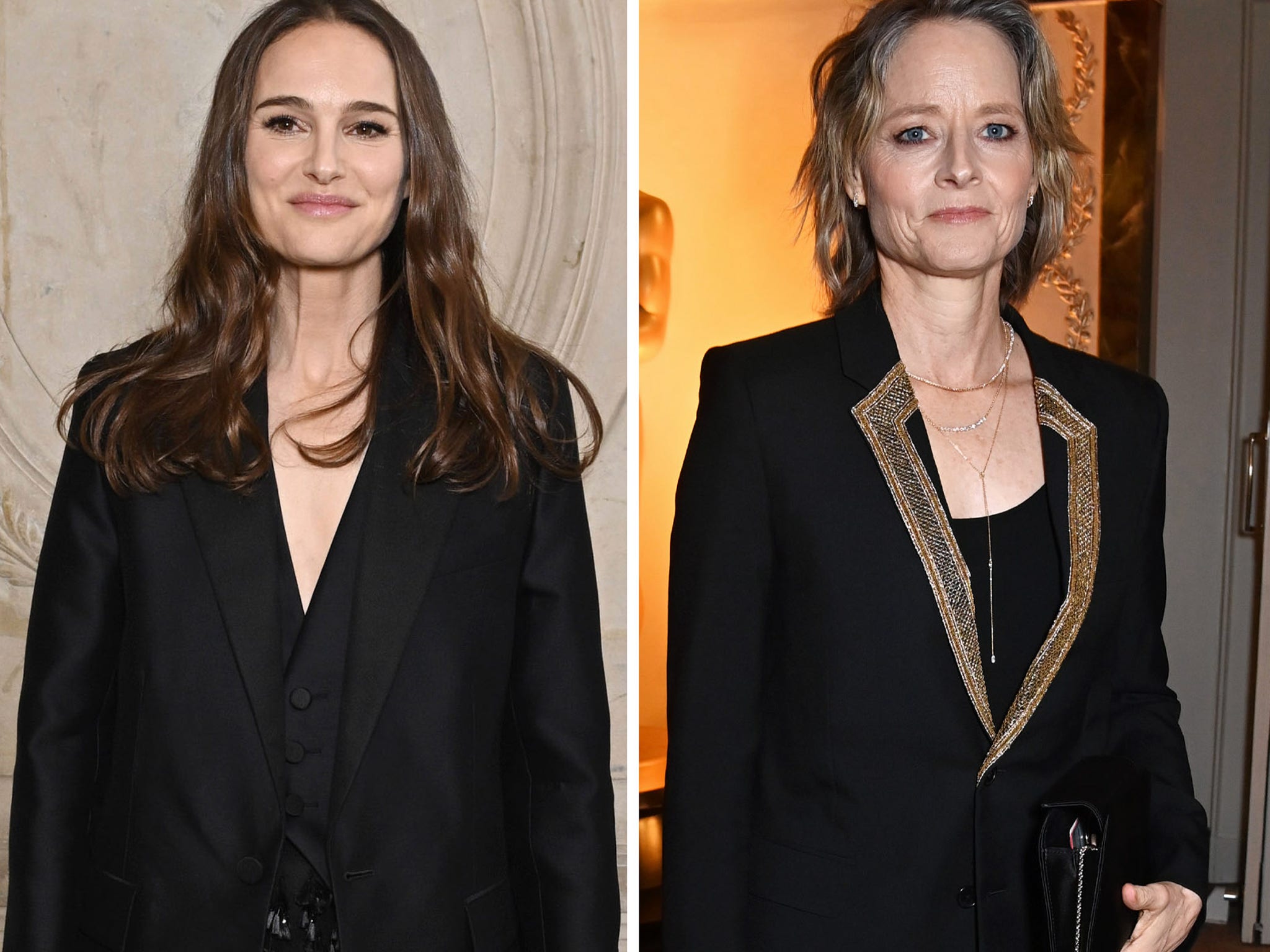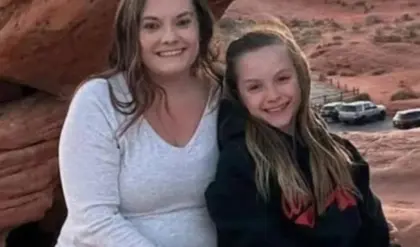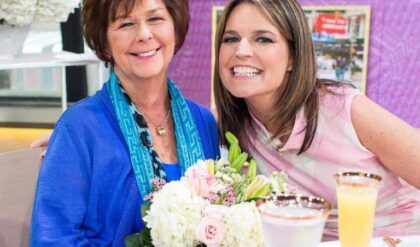Portman said that her ‘projection of seriousness’ protected her.
Natalie Portman has recalled having an “amazing” chat with Jodie Foster about being sexualised as child stars.
Portman, now 42, was only 12 when she landed her first feature film credit in the 1994 action-thriller Léon the Professional.
Meanwhile, Foster, now 61, was 14 when she landed her first Oscar nomination for her role as a teenage prostitute in Martin Scorsese’s Taxi Driver.
Appearing on a recent episode of Smartless – the podcast hosted by Jason Bateman, Will Arnett and Sean Hayes – Portman opened up about the unique pressures and difficulties of child stardom.
“I did a speech at a Women’s March about being sexualised as a young actress,” Portman recounted, adding that Foster “reached out to me after that, and we talked and it was amazing. She’s still a role model.”
The Black Swan star further explained how she was able to protect herself from unwanted interactions.
“That kind of projection of seriousness protected me in a way. ‘Cause I feel like it was almost a warning signal like, ‘Oh, don’t do s*** to her,’” she said.

Natalie Portman and Jodie Foster (Getty Images)
“Not that anyone ever, you know, deserves it or is asking for it. But I felt like that was my unconscious way of doing it.”Continuing, she shared how she’s been able to spot potential predators. “I feel like the biggest sign is when people talk s*** about women,” she said. “If they talk s*** about anyone, even if they’re just like, ‘Ugh, she’s really difficult,’ that’s a [red] flag for me. There’s more to that story.”
Portman has previously spoken about how being painted as a “Lolita figure” by the media at a young age “took away from my own sexuality”
 .
.
“It made me afraid,” she said on a 2020 podcast episode of The Armchair Expert with Dax Shepard. “It made me feel like the way I can be safe is to be like, ‘I’m conservative, and I’m serious, and you should respect me, and I’m smart and don’t look at me that way.’
“Whereas [at] that age you do have your own sexuality, and you do have your own desire, and you do want to explore things, and you do want to be open, but you don’t feel safe, necessarily, when there’s, like, older men that are interested and you’re like, ‘No, no no no no no.’”
Describing how she built a “fortress” to protect herself, the actor said that she also projected an image of being a “prude”.
“I realise I consciously cultivated that because it was a way to make me feel safe,” she said. “‘Oh, if someone respects you they’re not going to objectify you.’”



